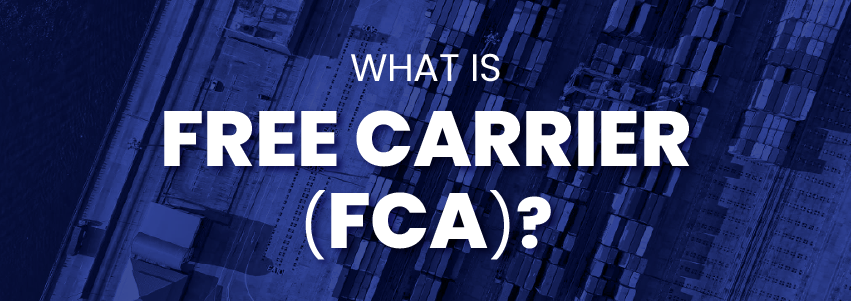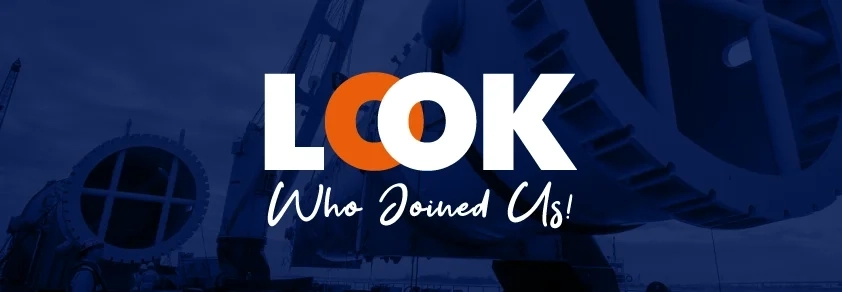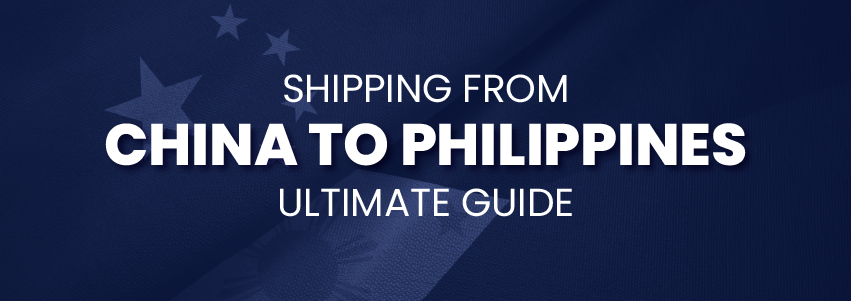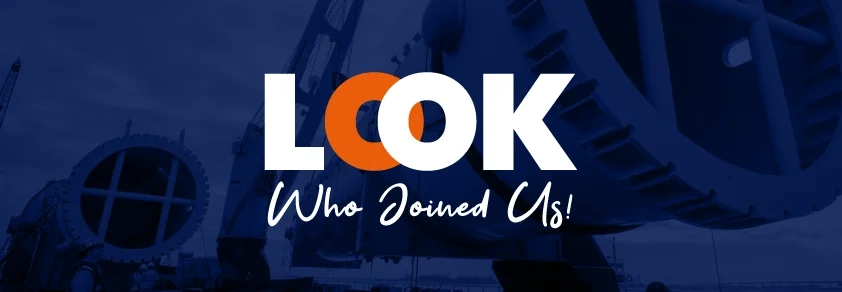What Is Free Carrier (FCA)?
Table of Contents
Businesses operating in global trade must understand Incoterms because they represent the essential terms for international shipping and logistics operations. Free Carrier (FCA) stands as a fundamental Incoterm which determines delivery conditions between sellers and buyers. The FCA term serves as a standard for specifying when delivery responsibility shifts from seller to buyer and which party must cover shipping expenses.
FCA Incoterms stands for Free Carrier and outlines the seller's responsibilities, specifically for the transportation of goods up until they are delivered to a carrier or another agreed-upon point. Understanding the FCA Incoterms meaning can help businesses navigate the complexities of shipping goods across borders and ensure compliance with international trade agreements.
How Free Carrier (FCA) Works
Under FCA Incoterms the seller must deliver goods to a carrier or a mutually agreed location. The risk and responsibility for shipping transfer to the buyer after the goods reach the designated carrier. The seller fulfills their responsibility by transferring the goods to the carrier which marks the end of their duties while the buyer assumes all transportation expenses and risks.
Under FCA Incoterms the seller needs to prepare goods for shipment while also obtaining export customs clearance in their home country before delivering them to a freight forwarder. The FCA meaning in shipping is important to note here as it specifies that the seller’s responsibility includes export clearance, but it doesn’t extend to the main transportation or delivery to the buyer’s premises.
What are the Example of FCA?
The FCA Incoterms example demonstrates how this rule functions across various shipping contexts. For instance:
A United States company sells products to German buyers through this transaction. The agreement requires the goods to be delivered to a New York port. The seller must transfer the goods to the carrier at the port while the buyer takes ownership after the carrier receives the goods. The buyer must pay all expenses including import duties and taxes while handling the shipping process from New York to Germany.
The FCA example demonstrates that sellers complete their duties by delivering goods to carriers while buyers take responsibility after goods start their transit.
What Is the Difference Between FCA and FOB?
The shipping terms FCA and FOB are commonly compared because they both address the delivery of goods and the transfer of risk. The two Incoterms differ from each other in several ways.
- FCA Incoterms: The seller’s responsibility ends when the goods are delivered to the carrier at the agreed-upon location (usually the seller’s premises or a designated terminal).
- FOB Incoterms: The seller’s responsibility continues until the goods are loaded onto the ship at the port of departure. The buyer takes responsibility for shipping costs and risks after the seller completes their duties.
The main distinction between FCA and FOB occurs when the seller transfers responsibility and risk to the buyer. The seller remains responsible for the goods until they reach the vessel under FOB terms but their responsibility ends when handing over the goods to the carrier under FCA terms.
What Is the Difference Between FCA and DDP?
The Incoterms system includes FCA and DDP (Delivered Duty Paid) as two of its most frequently compared terms. These shipping terms establish two distinct methods for distributing costs between parties during transportation:
- FCA requires the seller to deliver goods to a designated carrier location but the buyer becomes responsible for shipping costs and customs duties and all risks after the goods reach the carrier.
- DDP requires the seller to handle all expenses and risks starting from delivery through customs clearance and duties and taxes until the goods reach the buyer's destination. The DDP term represents the most seller-friendly option because it transfers all responsibility to the seller.
The main distinction between FCA and DDP lies in the fact that FCA requires buyers to take more responsibility but DDP makes sellers responsible for all costs and risks from start to finish.
What Is the Difference Between FCA and DAP?
The Incoterm DAP (Delivered at Place) shares similarities with FCA but operates under distinct rules. The following comparison outlines their main distinctions:
- FCA requires the seller to deliver goods to a carrier at a designated location while the buyer assumes responsibility for subsequent shipping and import customs procedures.
- DAP requires the seller to deliver goods to a designated location but the buyer must handle all import customs and duties. The main distinction between FCA and DAP lies in the fact that the seller must deliver goods directly to the buyer's location or an agreed site which FCA does not require.
The buyer receives better terms through DAP because the seller bears responsibility for most delivery steps compared to FCA.
Who Pays for FCA Shipping?
Under FCA Incoterms the seller bears all shipping expenses until the goods reach the designated carrier. The buyer takes full responsibility for all expenses that start after the agreed carrier receives the goods. The buyer must pay for transportation expenses together with import duties and taxes and any shipping-related fees that emerge during transit.
The FCA shipping method distributes costs fairly between parties but the buyer must pay all transportation expenses after the seller transfers ownership of the goods.
Who Is Responsible for Export Clearance Under FCA?
Under FCA Incoterms, the seller is responsible for export clearance. The seller must ensure that the goods meet all export requirements and obtain the necessary documentation and permits for the goods to leave the country. This is one of the primary distinctions of FCA compared to other Incoterms, where the buyer may be responsible for export clearance.
Once the goods have been cleared for export and are handed over to the carrier, the responsibility shifts to the buyer, who will be responsible for any import clearance required at the destination.
OPCA: Connecting Freight Forwarders for Efficient Shipping
The Overseas Project Cargo Association (OPCA) provides businesses with access to experienced freight forwarders who help resolve FCA Incoterms and other logistics issues. The global network of professionals at OPCA provides efficient and secure shipment management that meets international standards for both international goods transport and project cargo operations.
OPCA offers essential resources to help you with freight forwarding expertise and FCA Incoterms guidance for smooth shipping operations.
_logo.webp)



